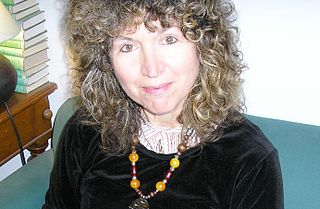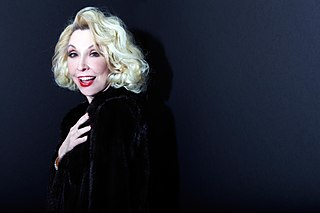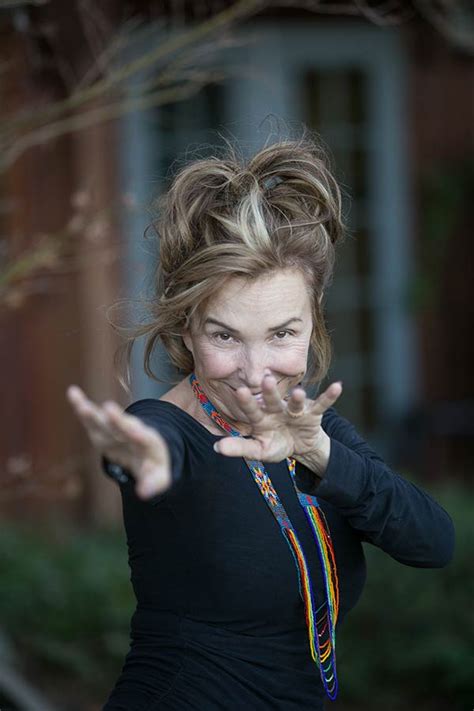A Quote by Christopher Meledandri
No matter what happens with technology or whether you're in traditional animation or stop-motion or CG, the biggest challenge always is story. The flow of making the movie is usually determined by how your story is coming together, and when your story is straining and you can't quite get your hands around it, your entire production is straining.
Related Quotes
If you're sitting in your minivan, playing your computer animated films for your children in the back seat, is it the animation that's entertaining you as you drive and listen? No, it's the storytelling. That's why we put so much importance on story. No amount of great animation will save a bad story.
The biggest threat to your creativity is the fear that it's already been done, said, created. (So why bother?)
Say it, do it, make it anyway - but tell YOUR story along the way.
The story of how you came to know what you know.
The story of what you want to know more of.
The story of why you do what you do.
The story of how you came to care.
And that's how you create what's never been created before.
The best time to tell your story is when you have to tell your story. When it's not really a choice. But then, when you get that first, messy, complicated version down, you have to read it over and be very tough on yourself and ask, 'Well what's the story here?' If you're lucky enough to have someone you trust looking over your shoulder, he or she can help you if [you] lack perspective on your own story.
I think that people have to have a story. When you tell a story, most people are not good storytellers because they think it's about them. You have to make your story, whatever story it is you're telling, their story. So you have to get good at telling a story so they can identify themselves in your story.
The Work always leaves you with less of a story.
Who would you be without your story?
You never know until you inquire.
There is no story that is you or that leads to you.
Every story leads away from you.
Turn it around; undo it.
You are what exists before all stories.
You are what remains when the story is understood.
The challenge is the same whether or not I'm collaborating: to empathize with your reader and to tell a story that will matter to him or her. But the mechanics of going about that challenge change when you're collaborating, because you have someone to help refine your thinking and expand your vision of what might happen.
I think when people begin to tell their stories, everything changes, because not only are you legitimised in the telling of your story and are you found, literally, like you matter, you exist in the telling of your story, but when you hear your story be told, you suddenly exist in community and with others.
I think when people begin to tell their stories, everything changes, because not only are you legitimized in the telling of your story and are you found, literally, like you matter, you exist in the telling of your story, but when you hear your story be told, you suddenly exist in community and with others.
The story, I like to say and remember, is always smarter than you—there will be patterns of theme, image, and idea that are much savvier and more complex than what you could come up with on your own. Find them with your marking pens as they emerge in your drafts. Become a student of your work in progress. Look for what your material is telling you about your material. Every aspect of a story has its own story.
The story you envision as you start out is always a great story; when the facts turn out to be different from, or more complex than, what you expected, your first reaction is always disappointment. That's when you must fight the urge to bend the story to your preconceived notions. First, it's dishonest. And second, in the end, the truth is always the best story.
Until you understand your Core Story, whatever it is, and how it made you who you are today, your foundation will reflect only your unconscious beliefs about yourself, real or imagined, positive or negative. When you delve into your subconscious beliefs about your lot in life, whether you believe you deserve to be happy or sad, successful or unsuccessful, only then do you have the chance to change the story that is replaying over and over in your head and determining how you go through life.































